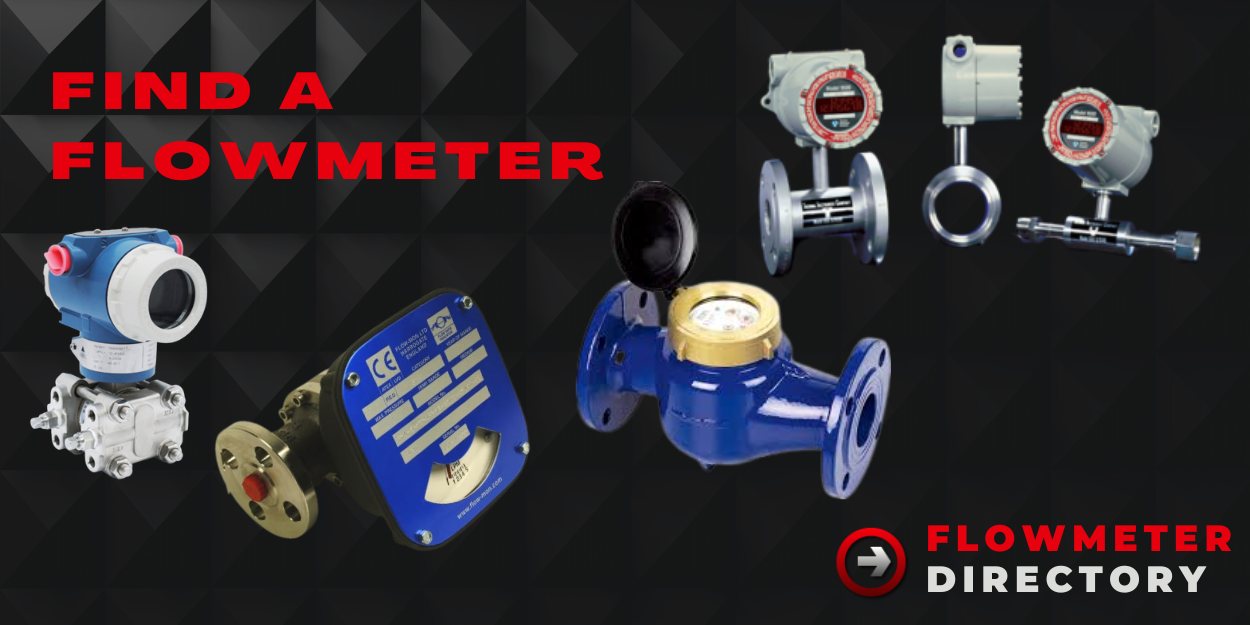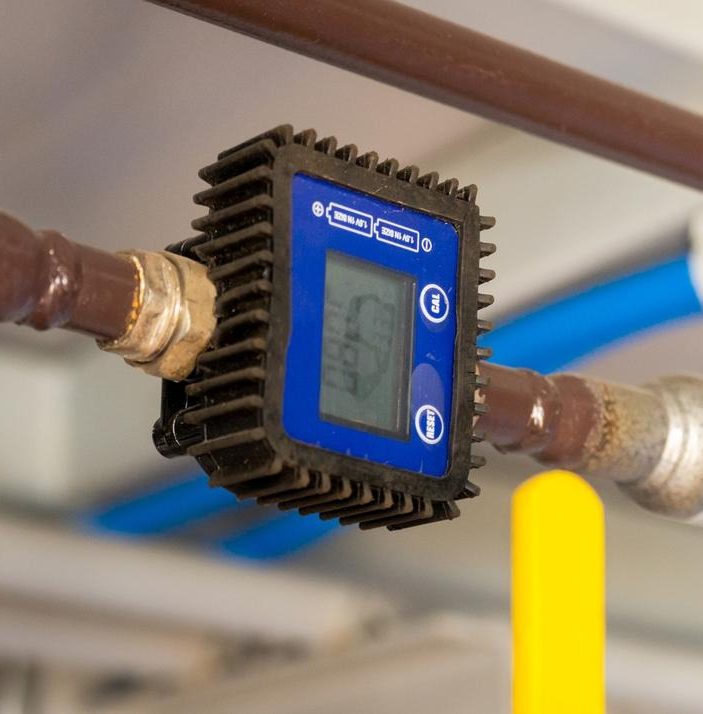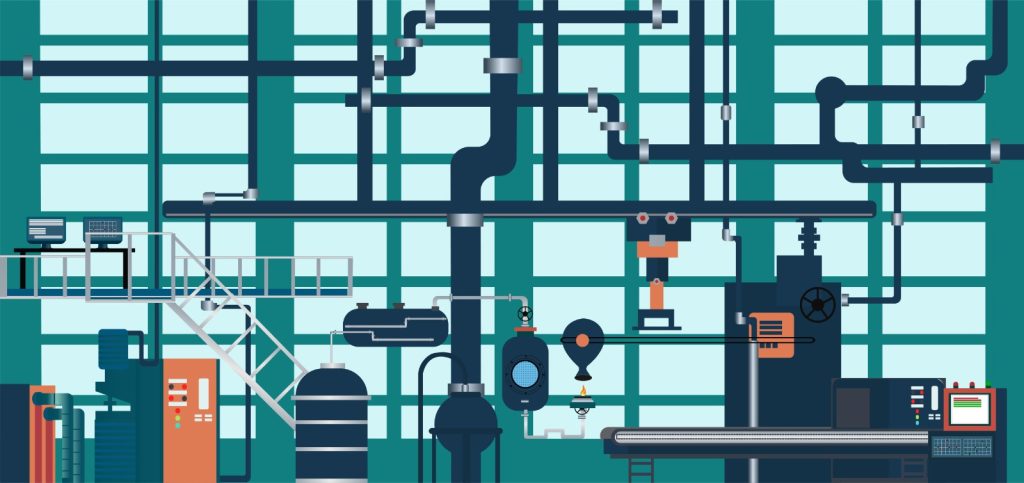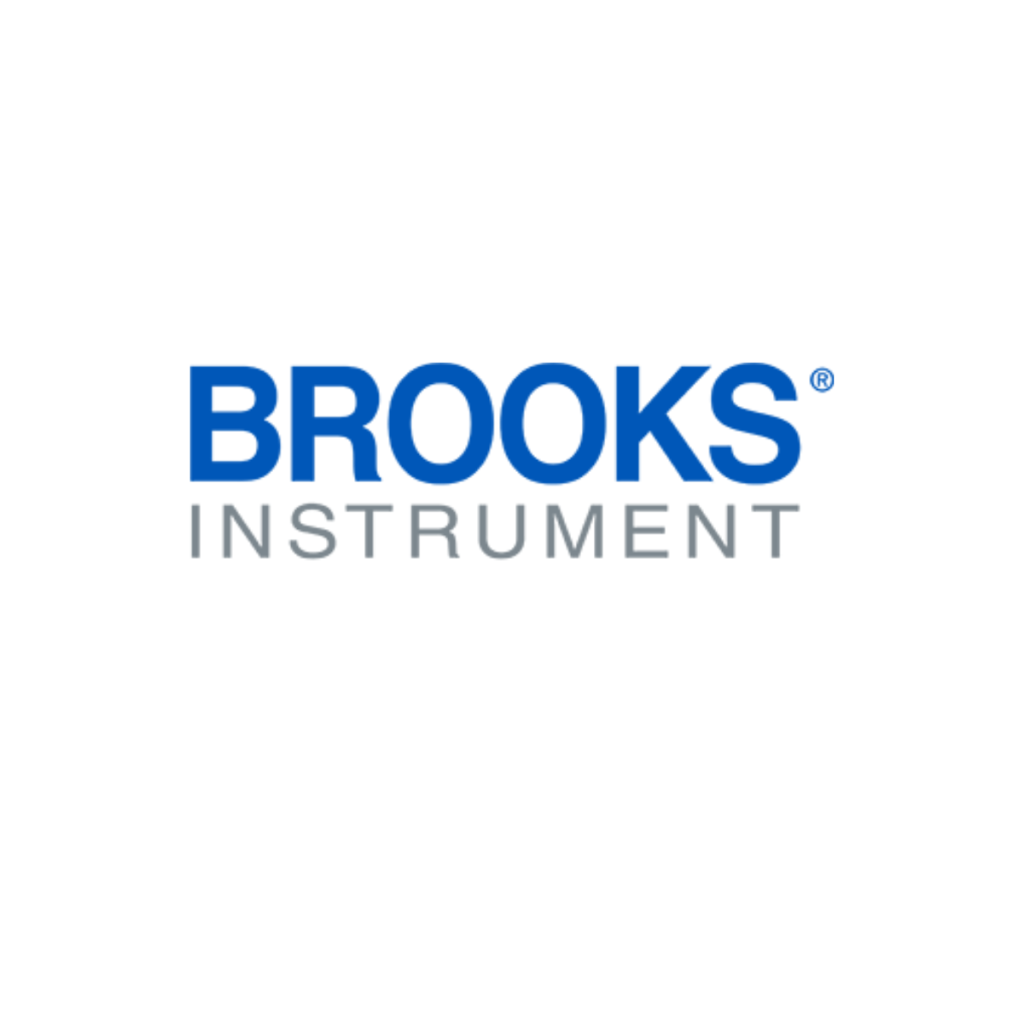Explore Flowmeter Types
Each with a unique function for measuring fluid flow accurately in various situations:
Ideal for high-precision mass flow measurement in industries like chemical processing and oil and gas.
Non-invasive measurement for fluids and gases, often used in water treatment and HVAC systems.
Best for electrically conductive fluids, such as in wastewater and water purification.
Suited for clean and non-viscous fluids, frequently used in oil, gas, and beverage industries.
Common in fuel dispensing and oil flow measurement for their accuracy and simplicity.
Measures the mass flow rate of gases based on the heat transfer from a heated element to the flowing fluid.









